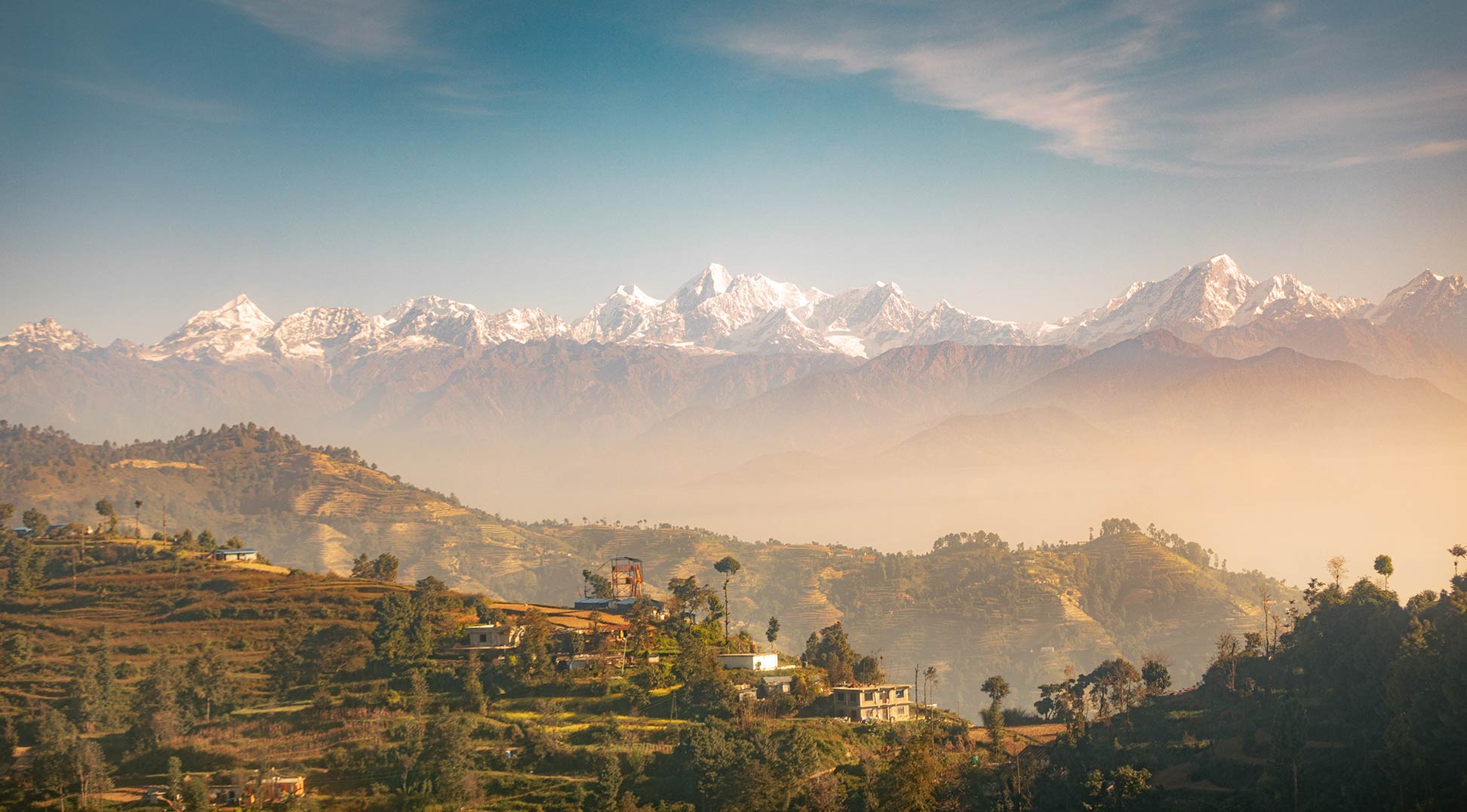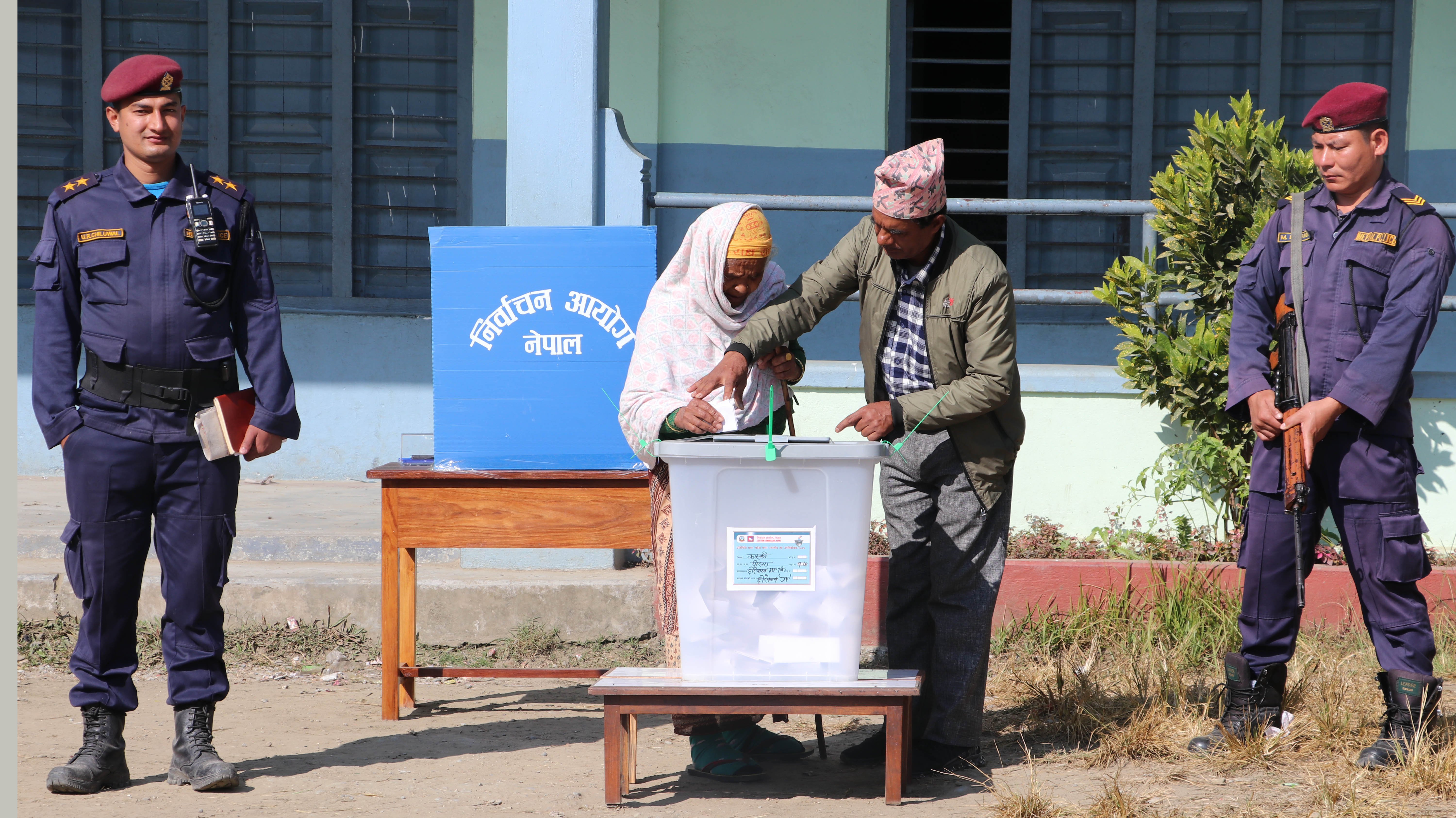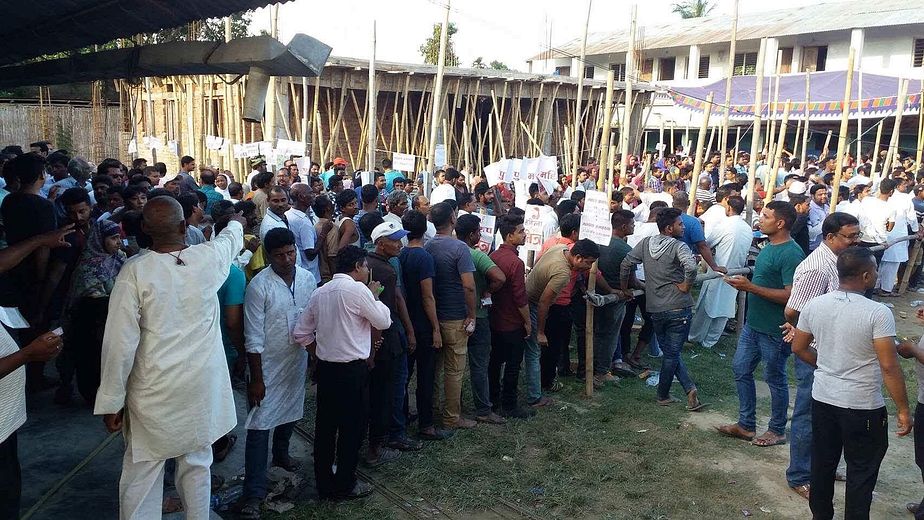These elections are more than just a political exercise; they're a litmus test for the ruling coalition led by the Nepal Communist Party (NCP), which gained a sweeping mandate in 2018. Rooted in the merger of former Maoist rebels and Marxist-Leninists, the NCP pledged stability, development, and prosperity. Yet, it's also faced criticism from internal factions, opposition parties, civil society, and foreign players, who've questioned governance, corruption, human rights, foreign policy, and constitutional reforms.
Enter the main opposition party, the Nepali Congress (NC), a key player in Nepal's democratic transition. Accusing the NCP of authoritarianism and incompetence, the NC, in alliance with smaller parties like the Janata Samajwadi Party and Rastriya Prajatantra Party, offers an alternative vision for Nepal's future.
But these elections transcend domestic dynamics; they're a balancing act between Nepal's neighbors, China and India, both with vested interests. The geopolitical struggle places Nepal in a delicate spot, requiring prudent diplomacy to safeguard its sovereignty, navigate economic ties, and handle pressures from both sides.
Nepal's elections take place against a backdrop of shifting regional dynamics and global challenges, including climate change, migration, terrorism, and pandemics. The outcomes will steer Nepal's foreign policy and international engagement, shaping its place on the global stage as it navigates the China-India rivalry and the US-led Indo-Pacific strategy.
In essence, these elections are an epochal opportunity for Nepal to chart its course ahead. They determine how Nepal enacts its constitution, addresses socio-economic issues, manages internal divides, and engages with the world. A democratic exercise, the elections reflect Nepali aspirations, choices, and collective vision, encapsulating the essence of nationhood in the 21st century.
Your feedback and suggestions are welcomed with open arms! 😊



Comments
Post a Comment